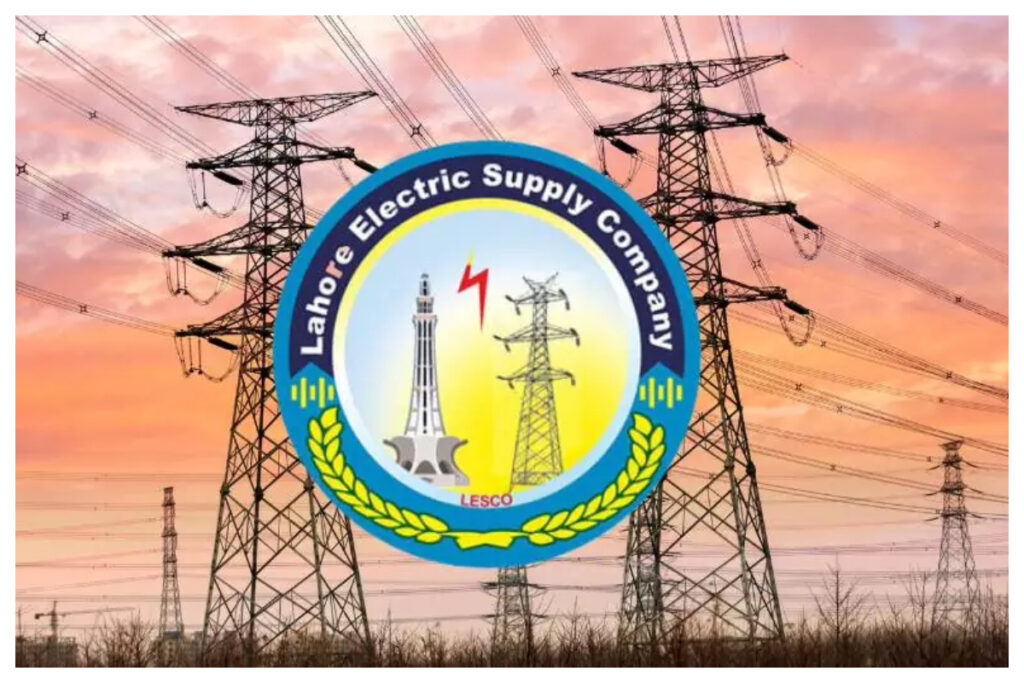In a significant development, the Lahore Electric Supply Company (LESCO) has reimbursed Rs. 80 billion to its consumers after identifying overbilling issues. This refund was disclosed by Energy Minister Awais Leghari during a meeting with the Senate Standing Committee. The move is part of a broader effort to ensure transparency and rectify billing discrepancies.
Consumer Relief Through Overbilling Correction
The refund comes as a major relief to thousands of LESCO consumers who had been subjected to excessive billing. Energy Minister Awais Leghari assured the Senate that the government is committed to addressing the concerns of electricity users, ensuring they are billed accurately and fairly. This initiative reflects LESCO’s effort to build trust with its consumers by correcting billing errors swiftly.
Strengthening Accountability in the Energy Sector
The Rs. 80 billion refund highlights the government’s focus on improving transparency and accountability within the energy sector. By identifying and correcting the overbilling, LESCO aims to promote a culture of fairness in its operations. Minister Leghari emphasized that any further discrepancies will be dealt with rigorously, ensuring that consumers are protected from unfair charges.
Impact on Consumers and Future Measures
The refund is expected to have a direct positive impact on consumers, particularly those from low and middle-income households. The Energy Ministry has also introduced reforms to prevent future overbilling incidents, including improved monitoring systems and stricter enforcement of billing standards. LESCO’s efforts to ensure accurate billing will likely foster greater customer satisfaction.
A Step Toward Consumer-Centric Services
This reimbursement marks a significant step toward consumer-centric reforms in Pakistan’s energy sector. As LESCO works on improving its services and accountability, the Rs. 80 billion refund serves as a commitment to protecting the rights of electricity consumers, ensuring they only pay for what they use.
This development signals a shift toward greater transparency and consumer advocacy in Pakistan’s energy landscape, with the potential for other utility providers to follow suit
